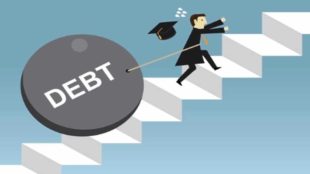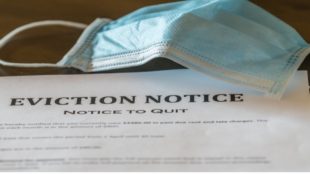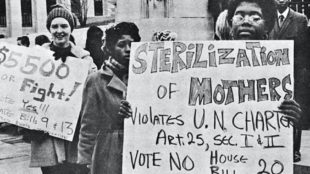Rethinking Originalism
(Source) Introduction With Amy Coney Barrett’s confirmation, the Supreme Court now has a firm supermajority of Republican-nominated justices for the first time in over a decade. Although this almost certainly will affect how the Court will now decide on a host of crucial policy issues moving forward, from allegations of electoral fraud, to abortion, to gun rights, to constitutional issues arising out of the coronavirus lockdowns, many Republicans see Justice Barret’s nomination as the last frontier to effectuate meaningful political change given the ongoing and seemingly endless gridlock affecting both the Presidency and Congress. While it is true that the Court has for several decades now had a firm majority of justices selected by Republican presidents, some of the most landmark cases of the past five decades (i.e., Roe, Obergefell, and Sebelius, just to name a few)—often perceived as reaching the “liberal outcome” in terms of expanding substantive due process constitutional rights that went beyond the plain meaning of the text—were actually penned by Republican-appointed justices. The most notable of these decisions, Roe v. Wade, codifying the right to abortion, was written by Harry Blackmun, a Richard Nixon appointee. Relatedly, John Roberts, who was appointed as Chief Justice by President [read more]










